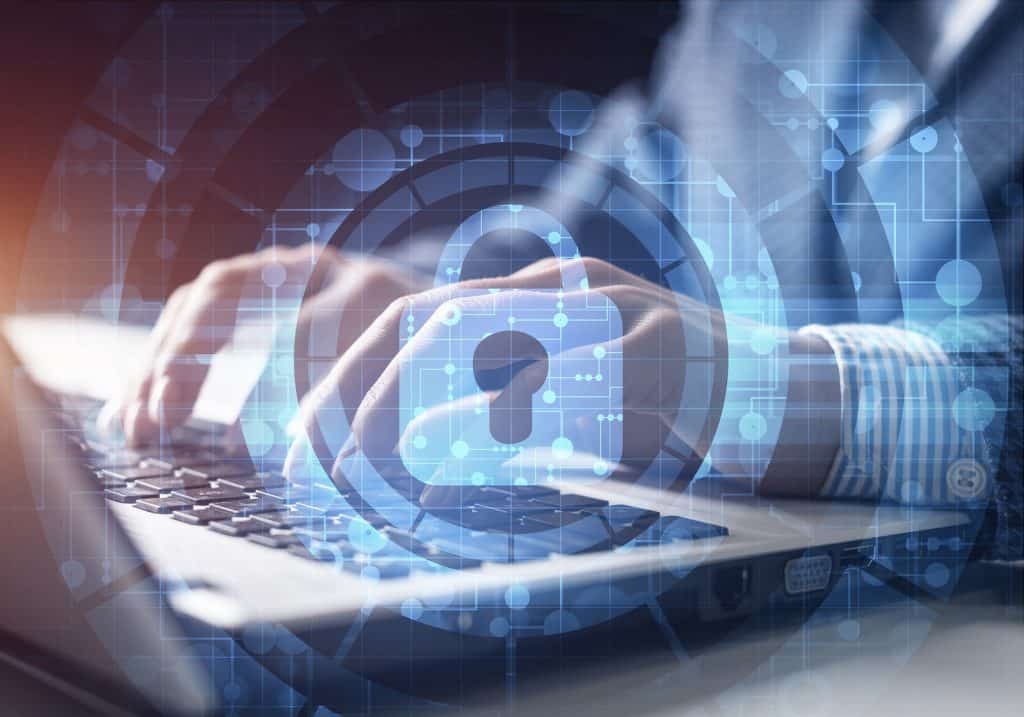Cyber security is one of the growing concerns of people today. With so much dependence on the Internet and technology, it isn’t easy to safeguard yourself if you don’t follow the important guidelines and protocols needed to maintain your safety online. As much as our life has become entwined with technology, we need to ensure we are not compromising our well-being as we navigate through online spaces.
To ensure we are at arm’s length away from cyber criminals and attackers, it is important first to understand cyberattacks.
What is a cyber attack?
A cyber attack is when another user invades your system through one of the many available means, such as a virus, malware, spyware etc, and your data is stolen. Not only is your privacy breached, but your data can be used against you or in criminal activity, which will greatly impact your security. Cybercriminals gain access to your computer through these viruses or by hacking your system and compromising your personal information or data on your computer for their criminal means.
Suppose you want to ensure you are never at the receiving end of such an activity. In that case, you must follow some basic security protocols and safeguard yourself against such threats. Read on and learn what steps you can take to avoid cyber attacks.
1. Use a secure Internet connection
A secure internet connection is the first step in ensuring your online safety. Not all internet connections are safe. Public WiFi, for example, is unsafe to use, and you should never log in to your accounts or share important information. We recommend you choose an internet service provider that guarantees a secure internet connection at all times.
2. Use strong passwords
Strong passwords are difficult to crack and save you from being hacked. And no, we’re not talking about passwords like your date of birth or QWERTY. Use a combination of letters and numbers of caps on and off and create a unique passcode that is extremely personal and not even people close to you could guess.
While it may sound pretty basic, strong passwords are the most effective way of safeguarding your accounts. To add a security layer, you can also turn on the two-factor authentication on your accounts for your convenience.
3. Avoid opening emails from strangers
This one goes without saying. Every email that you receive cannot be trusted. Our mailboxes often send suspected emails to your spam folder. However, some of it may end up in your mailbox, and you may open it. Most dangerous emails contain a link to another website or webpage. This is a big no. A lot of times, these links lead to dangerous websites where, chances are, your system may get hacked.
4. Use Anti-virus software
This is another very important tip to help you avoid any cyberattacks. Anti-virus software safeguards you from numerous attacks such as malware, spyware, trojan horses, etc. A good anti-virus software usually provides a complete guard against all major types of virus attacks.
Having anti-virus software also helps as whatever enters your system, be it the last picture you downloaded from Pinterest, will be scanned for viruses and allowed to enter your system.
5. Keep your anti-virus software updated
Last but not least at, keep your anti-virus software updated at all times. Viruses are ever-growing. There is a new type of attacker with the latest virus form now and then, and your anti-virus needs to be updated to meet your security requirements. So make sure you don’t forget about that app in your system after downloading; keep it updated to maximize your security!
6. Implement a Firewall for Added Security
A firewall acts as your business’s first defense against potential cyber threats. By monitoring and controlling incoming and outgoing network traffic, a well-implemented firewall can add an extra layer of security to prevent cyberattacks. Make sure to keep your firewall updated to ensure it can combat the newest forms of cyber threats.
7. Regularly Backup Your Data
Regular data backups are a must for any business. In the unfortunate event of a cyberattack, having a recent backup of your data can mean the difference between a minor setback and a catastrophic loss. Consider using automated backup systems to ensure you never miss a backup.
8. Employee Education is Key
The weakest link in the security chain is often not technology but people. Regularly educating your employees about the latest cyber threats and how to identify them can significantly reduce the risk of a cyber attack. Make cyber security training a mandatory part of your business’s onboarding process and conduct regular refreshers for all staff members.
9. Consider Cybersecurity Insurance
Cybersecurity insurance is becoming an increasingly popular solution for businesses looking to protect themselves in a cyber attack. This type of insurance can help cover the costs of a data breach or other cyber event, including recovery efforts, legal fees, and any required notifications or credit monitoring services for affected customers.
With all our financial transactions taking place online, our personal information being shared daily, our location, pictures, data, and everything we put up online is vulnerable to being attacked by a cybercriminal.
Be smart and informed and save yourself from threats online. Use a secure connection, use strong passwords, do not trust everyone on the internet, and, most importantly, safeguard your systems with good anti-virus software.




